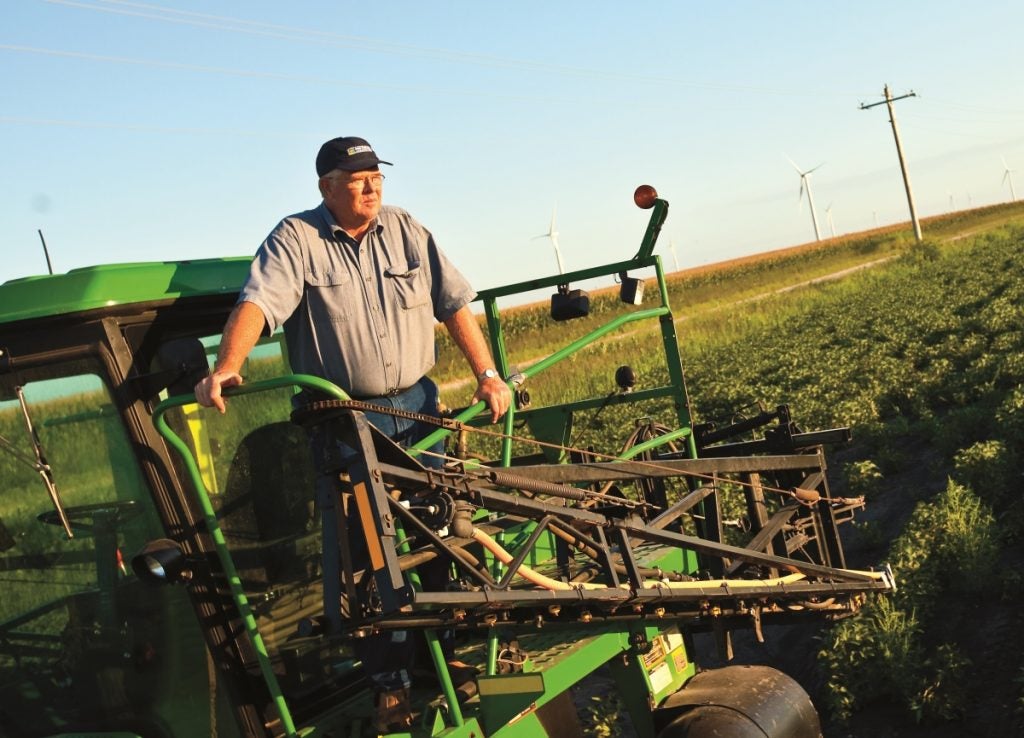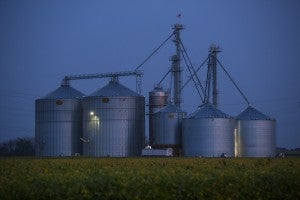I spent the summer meeting with farmers, commodity groups and food companies in the Midwest to discuss collaborative conservation approaches. Whether we were in Missouri, Iowa or Minnesota, water quality was top of mind.
Agriculture has a large impact on water quality – the sector is the source of 70 percent of the nutrients that flow down the Mississippi River and cause dead zones in the Gulf of Mexico.
Farmers have made big strides on implementing and scaling conservation measures to improve water quality and agriculture’s overall environmental footprint. Unsung heroes like Tim Richter, Kristin Duncanson and Denny Friest are constantly fine-tuning nutrient and soil management with new efficiency tools, finding better ways to implement cover crops or reduce tillage, installing wetlands and buffers, and introducing new crops into their rotations. Read More











